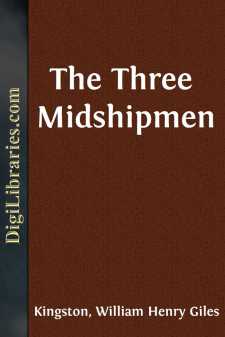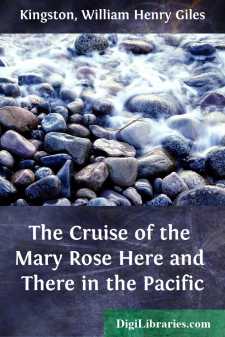Categories
- Antiques & Collectibles 13
- Architecture 36
- Art 48
- Bibles 22
- Biography & Autobiography 813
- Body, Mind & Spirit 141
- Business & Economics 28
- Children's Books 12
- Children's Fiction 9
- Computers 4
- Cooking 94
- Crafts & Hobbies 4
- Drama 346
- Education 46
- Family & Relationships 57
- Fiction 11826
- Games 19
- Gardening 17
- Health & Fitness 34
- History 1377
- House & Home 1
- Humor 147
- Juvenile Fiction 1873
- Juvenile Nonfiction 202
- Language Arts & Disciplines 88
- Law 16
- Literary Collections 686
- Literary Criticism 179
- Mathematics 13
- Medical 41
- Music 40
- Nature 179
- Non-Classifiable 1768
- Performing Arts 7
- Periodicals 1453
- Philosophy 64
- Photography 2
- Poetry 896
- Political Science 203
- Psychology 42
- Reference 154
- Religion 513
- Science 126
- Self-Help 83
- Social Science 81
- Sports & Recreation 34
- Study Aids 3
- Technology & Engineering 59
- Transportation 23
- Travel 463
- True Crime 29
Antony Waymouth The Gentlemen Adventurers
Description:
Excerpt
Chapter One.
âWhat! Ned Raymond ahoy! Heave to, lad. What! dost seek to give a wide berth to an old friend? That once was not your wont. Ned Raymond ahoy, I say!â
The slight dark moustache on the lip of the person addressed showed that he had just reached the age of manhood. His raven hair hung in ringlets from his head. A black velvet cloak thrown over one shoulder, and a tightly-fitting dress of the same material and hue, set off his well-made, active figure. His plumed cap and the sword by his side showed that he claimed to belong to the upper rank of society. Indeed, no one looking at the refined expression of his features and his intelligent countenance could doubt that such was his right. He was walking somewhat rapidly through the narrow and irregularly-built streets of the seaport town of Plymouth, at that time one of the chief ports of departure for the numerous naval expeditions which went forth to the West and to the East in search of new lands, and of regions of gold and diamonds and other precious stones.
It is worthy of remark that the people of Devonshire and Cornwall have from the earliest days shown a strong propensity for naval adventure. This arises not alone from their geographical position, but has descended to them from their progenitors, who were, there can be but little doubt, Phoenicians,âor their descendants the Carthaginians, perhaps,âsailors, merchants, and others attracted from the northern shores of Africa for the sake of the tin found in those counties. Even at the present day many of their customs and the nautical terms they employed are retained. The clotted cream of Devonshire and on the coast of Barbary is the same, as is the mode in which the people manage their farms. Caboose was the name of the temple carried by the fire-worshipping Phoenicians on the decks of their vessels; the cookâs house on board ship is now so called. Davit in Arabic is a crooked piece of wood; the same term we apply to the timbers by which boats are hoisted up to the sides of ships. However, we are now talking of more modern days, and must proceed.
Good Queen Bess sat on the throne of England, and ruled the realm as few sovereigns have done before or since, greatly to the furtherance of Britainâs glory and wealth, and to the firm establishment of religion and true liberty, for which let all honest Englishmen be grateful, and talk not of her womanly weaknesses and failings.
The young gentleman, hearing his name called, stopped and looked earnestly at the person who had addressed him, and who was following rapidly in his footsteps. The costume of his pursuer was far more gay and dashing than was his, being composed of bright-coloured velvet and silks, with a golden chain round his neck, a plumed hat set jauntily on his head, and a jewel-hilted sword by his side. He had a laughing blue eye and light curling locks, and though his countenance was well bronzed, and his voice strong and manly, his features still bore the impress of early youth. Indeed, his hairless lip and beardless chin showed that he had scarcely emerged from boyhood....












